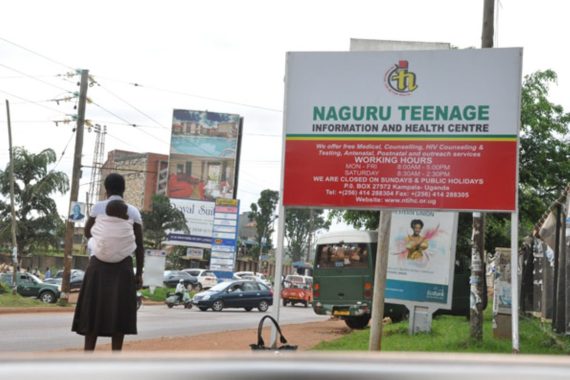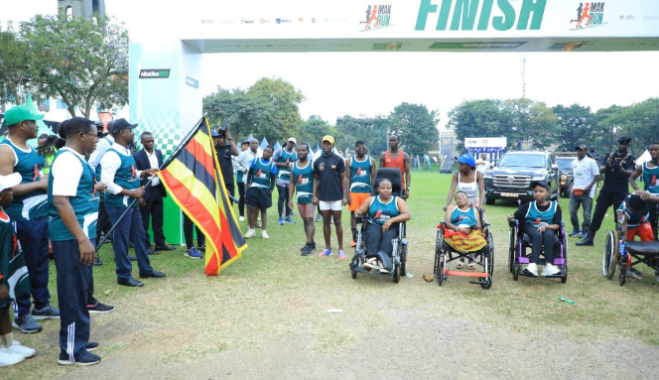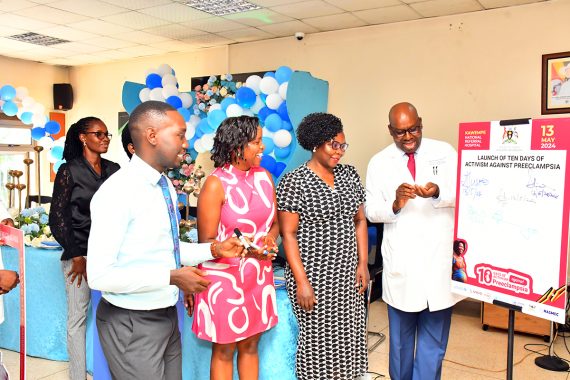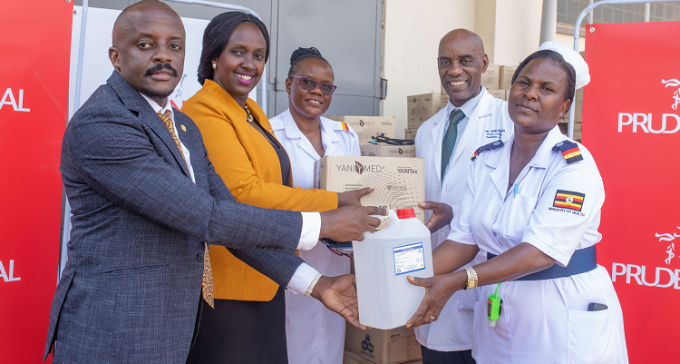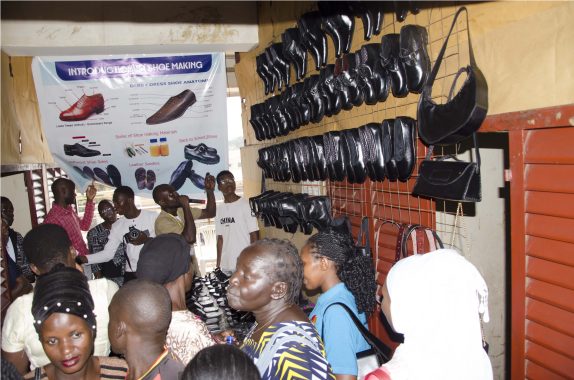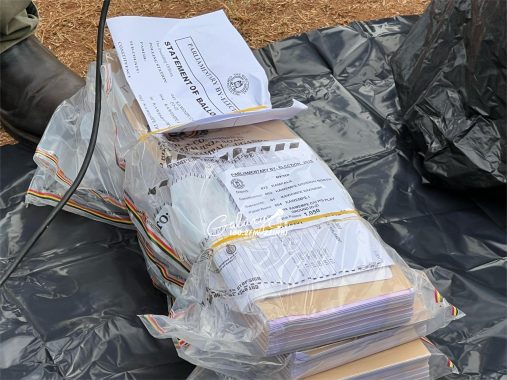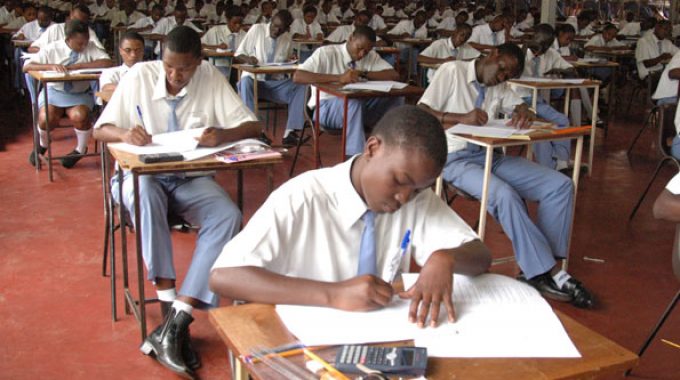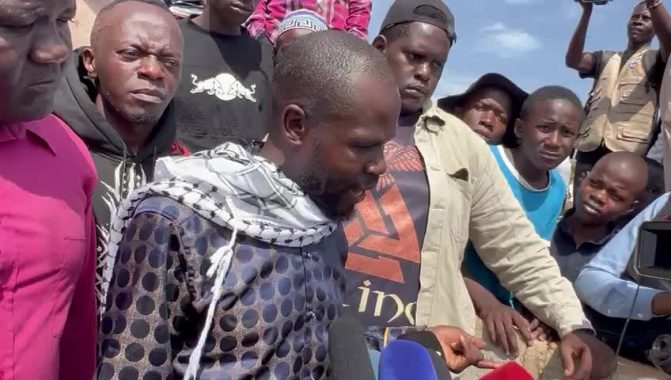Today, Naguru Teenage Information and Health Centre (NTIHC), partners and Uganda at large join the rest of the world to commemorate the World Contraception Day. This year’s National Celebrations will be held in Hoima city.
Bunyoro Sub Region is a leading teenage pregnancy hotspot, with five districts (Kagadi, Kikuube, Hoima, Masindi, and Kiryandongo) being among the teenage pregnancy hotspots, and the sub counties of Kyangwali (Kikuube District), Bweyale Town Council (Kiryandongo District), Mutunda (Kiryandongo District) & Kabwoya (Kikuube District) being among the 12 leading adolescent pregnancy hotspot sub counties in the country.
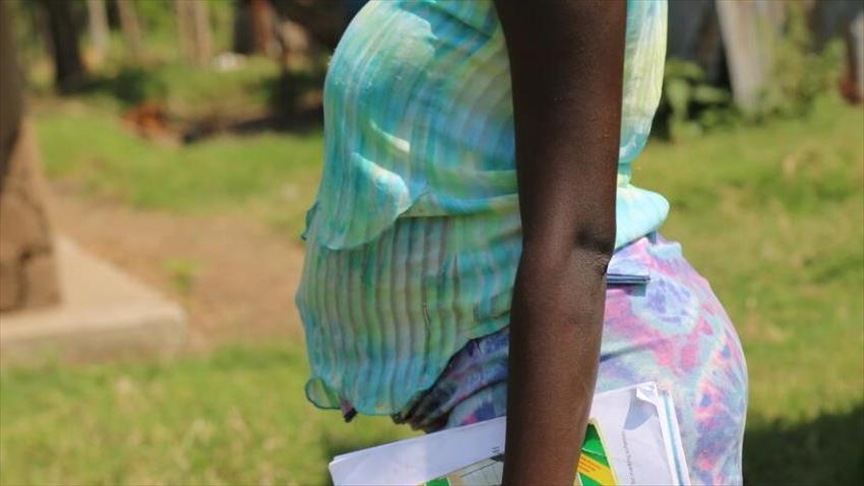
The theme, Contraception: it’s your life, it’s your responsibility” is an opportunity to create awareness about contraception, encourage safe sex practices as this will help in preventing unplanned pregnancies.
Statistics from the United Nations Populations Fund (UNFPA) indicate that nearly half (46.1%) of the births by the teenagers are unintended pregnancies, and 1 in every 4 girls aged between 15- 19 years have begun childbearing.
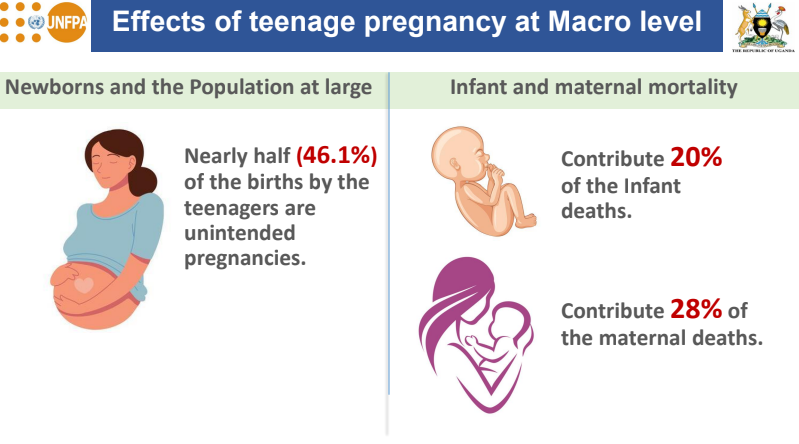
Furthermore, 258,766 girls and adolescent teens aged 10-19 gave birth in a health facility in 2021. This represents a 20% increase from 2020 (HMIS 2020-2021). Teenage pregnancies contribute to 20% of the infant deaths and 28% of the maternal deaths. Teenage pregnancy negatively impacts social development at the individual, family and country levels. It is an enduring bottleneck to attaining the Sustainable Development Goals. (SDGs).
Exploring the cost of inaction on teenage pregnancy, Dr. Betty Kyaddondo, Director of Family Health at National Population Council (NPC), during a media engagement, noted that the Out-of[1]pocket expenditure of UGX1.28 trillion (USD362.5 million) on health care by teen mothers is equivalent to 43% of the Ministry of Health budget. Furthermore, the government health expenditure on teenage mothers’ health care is UGX246.9 billion (USD70m).
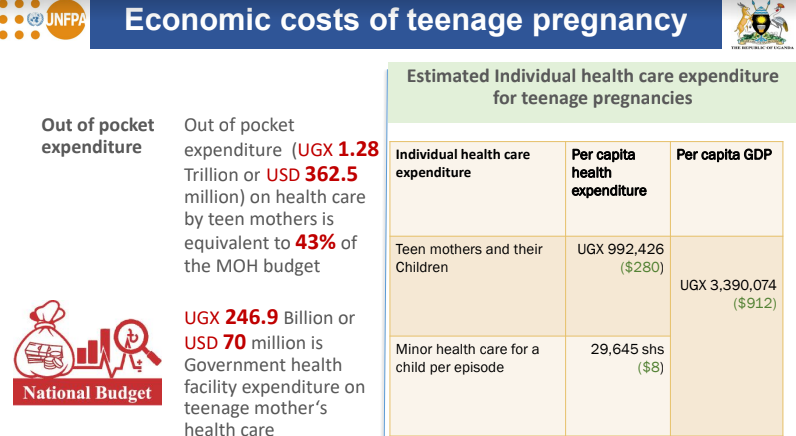
“If no action is taken, teenage pregnancy will continue with 50% of teenagers at risk, and about 64% teen mothers will not complete primary education level. Also, about 60% of teen mothers will end up in peasant agriculture work,” she warned.
She added that annually more than UGX645bn (USD184m) will be spent on health care for teen mothers and education of their children.
Anne Alan Sizomu, Programme Specialist- Adolescent and Youth SRH at UNFPA noted that ending teenage pregnancy requires multi-sectoral approach where everyone is involved, as this will help to reduce the level of dependency of children born by teenagers.
“Most of the times, the adolescents who are getting pregnant are not income earners, they are children. When we have many getting pregnant in one year, very few will make it out of subsistence agriculture. Therefore, the cycle of poverty will continue and the chances of children of teenage mothers being able to go to school, with the existence of Universal Primary Education (UPE) may be very minimal,” she added.
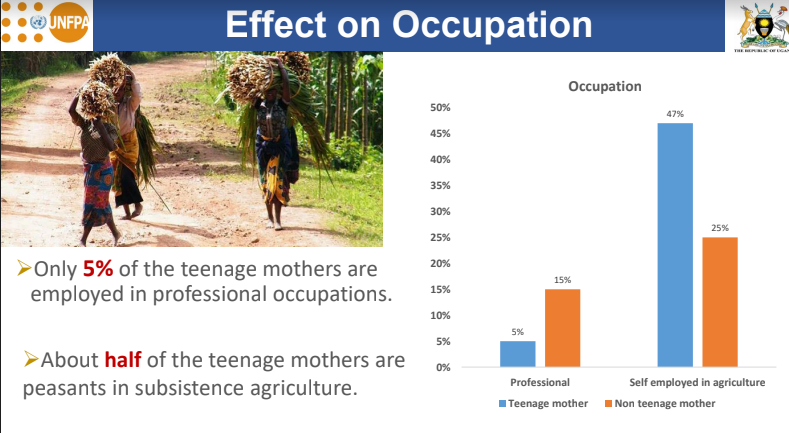
Dr. Rogers Ampwera, the Executive Director Naguru Teenage Information and Health Centre (NTIHC) noted that for the past 27 years, the centre has been providing “Youth Friendly Responsive” Adolescent Sexual and Reproductive Health and Rights (ASRHR) services and information primarily targeting young people aged 10-24 years old. These include; general medical services, counselling services, HIV testing, condom distribution, antenatal and postnatal services, family planning and others.
He further noted that creating awareness about young people’s sexual reproductive health and rights is being done through health talks, interactive speeches, debates, interactive clubs and radio talk shows.
“We have around 33 youth corners in different districts aimed at serving young people with quality responsive SRHR services. So, our model of youth friendly services is to make sure that it’s a One-stop Centre. When a young person walks in, whether they have flue or fever, our job is to make sure that we take them on, counsel them and identify any other issue affecting them,” he said.
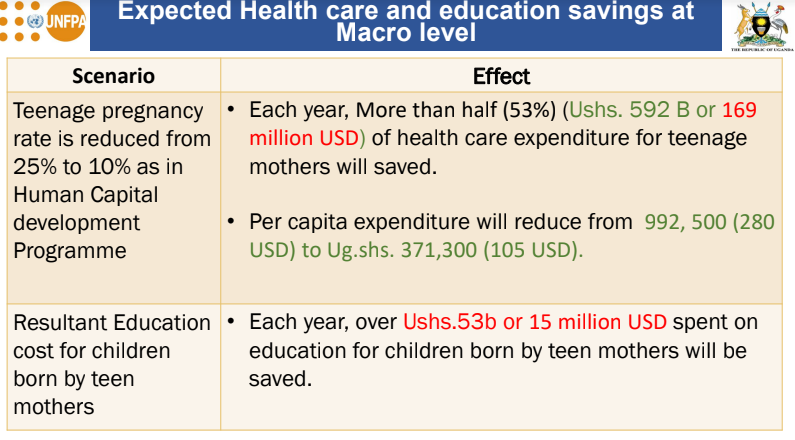
He added that young people can always get all the information they need by calling the Muvubuka helpline 0800311222 to speak to a qualified health service provider.
Country progress in tackling teenage pregnancy.
The National Pregnancy Campaign is being spearheaded by the First Lady, Vice President and Prime Minister. It provides momentum for the approval and implementation of policies, with three core areas including; prevention, social protection for teen mothers and protection of babies of teen mothers.
Progress
– Study on cost of inaction on teenage pregnancy completed (dissemination date to be
confirmed).
– Joint technical work plan on teenage pregnancy co-developed with MGLSD, MoH and MOES as well as an inter-ministerial committee meeting that brought together MDAS and other stakeholders for validation.
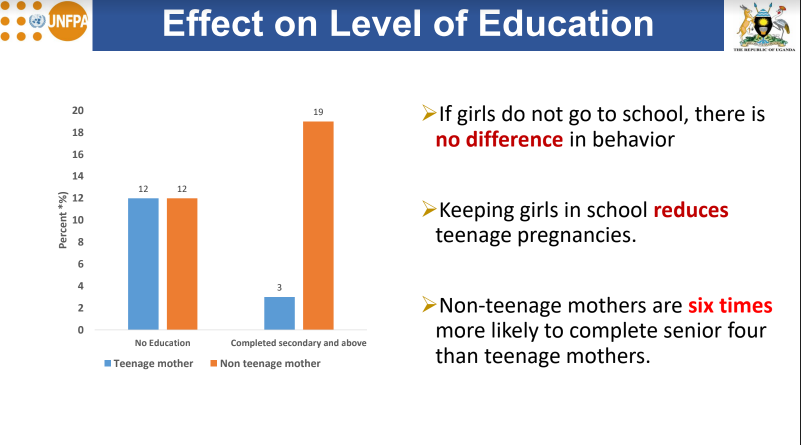
– Social and Behaviour Change Communication Strategy developed, including formative research on the drivers of teen pregnancy, channels of communication, and relevant messaging. The media agency to support that has been on boarded.
– High-level engagement with religious leaders ongoing through First Lady’s office and UN agencies and IRCU.
– Evidence-based key messages have been developed and approval by relevant ministries has been secured this September. Roll out will start end of September.
– High level regional dialogue for Busoga region is scheduled for 29th September 2022.
– Dialogues have also commenced with youth and district leaders in Teso, Bukedi and Acholi regions.




